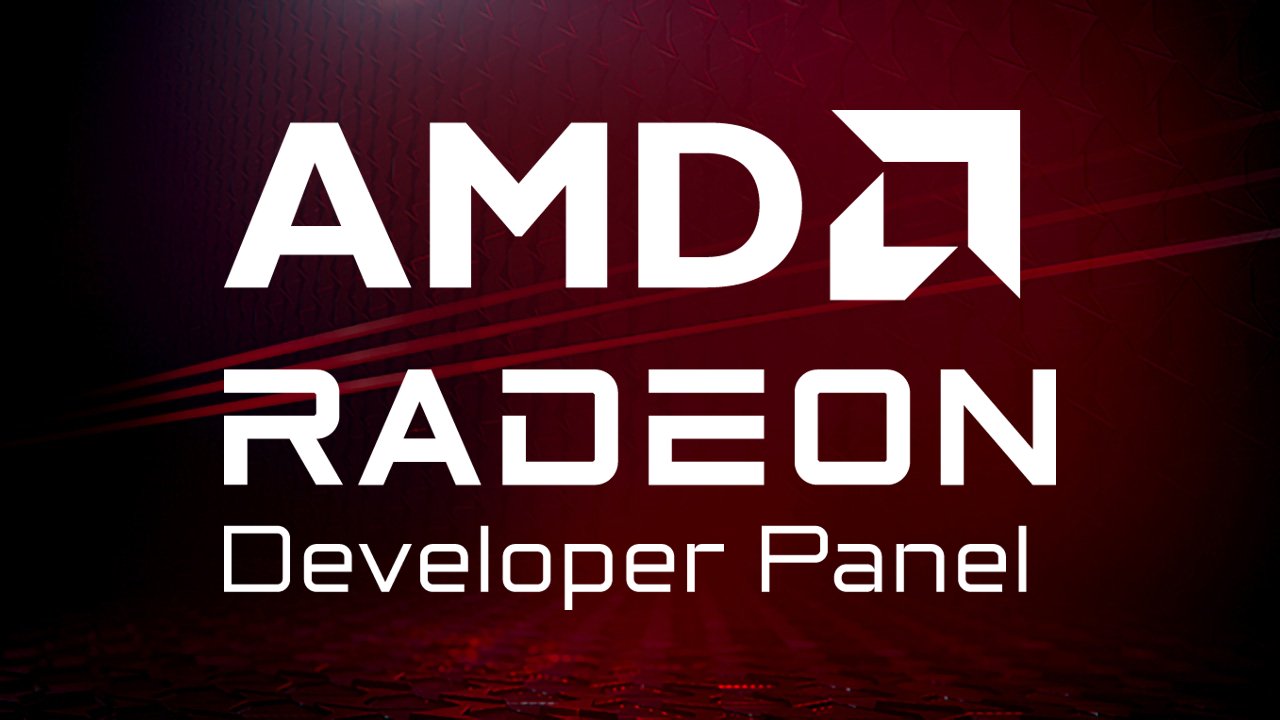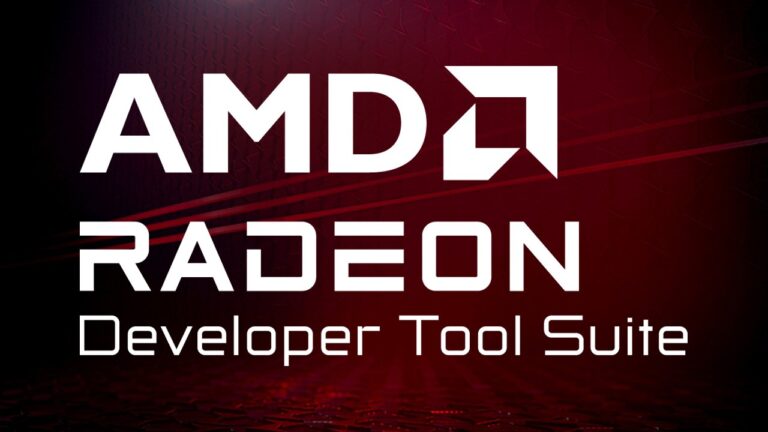
AMD Radeon™ Developer Panel
The RDP provides a communication channel with the Radeon™ Adrenalin driver. It generates event timing data used by the Radeon™ GPU Profiler (RGP), and the memory usage data used by the Radeon™ Memory Visualizer (RMV).
Our AMD Radeon™ Developer Tool Suite updates are always big, but the biggest ones always come with the release of a new GPU architecture! The release of AMD RDNA™ 4 architecture GPUs is no exception.
All the tools have been updated to support the new AMD Radeon™ RX 9000 Series graphics cards as a starting point, but there’s a lot more going on too. We’ve FOUR fantastic new blogs, written by our engineers, to get you up to date with the new features.
Read on for the top-level highlights!

AMD Radeon™ GPU Detective (RGD) is our powerful tool for developers to help with post-mortem analysis of GPU crashes. The v1.4 update to RGD introduces Hardware Crash Analysis, a significant new feature for developers conducting crash investigations. This new feature gathers detailed low-level data about the GPU’s state at the time of a crash, helping you understand the root cause. To use this feature, developers must have the latest AMD Software: Adrenalin Edition™ driver along with updated RGD and AMD Radeon™ Developer Panel (RDP) tools.
You can learn more about the updates to RGD here: /learn/hardware-crash-analysis-with-radeon-gpu-detective/
Part of our AMD Radeon™ Developer Panel, Driver Experiments offer a way to change the behavior and performance characteristics of a game or other graphics application without modifying its source code or configuration. The tools allow you to control the low-level behavior of the graphics driver, exposing some of the driver settings that were previously only available to AMD engineers, and has now been updated with support for Linux®.
Learn more about Driver Experiments in our earlier blog: /learn/rdts-driver-experiments/
AMD Radeon™ GPU Profiler (RGP), our ground-breaking low-level optimization tool that provides detailed information on Radeon™ GPUs, has been updated to v2.4, introducing several new features and improvements:
Get more details on this update to RGP here: /learn/radeon_gpu_profiler_2-4_support_rx9000_series_pure-compute_applications/
AMD Radeon™ GPU Analyzer (RGA) is our offline compiler and performance analysis tool for DirectX®, Vulkan®, SPIR-V™, OpenGL®, and OpenCL™. The new v2.12 update introduces significant enhancements to its ISA disassembly view, making it more user-friendly and efficient for developers working with AMD RDNA™ and CDNA™ architectures.
These updates aim to enhance shader and kernel optimization efforts. Further details, including release binaries and notes, are available on the RGA product page.
Learn more about the updates to RGA here: /learn/rdna-cdna-architecture-disassembly-radeon-gpu-analyzer-2-12/
The AMD Radeon™ Raytracing Analyzer (RRA) tool lets you investigate the performance of your ray tracing applications and highlight potential bottlenecks. The latest v1.8 update introduces several enhancements, including support for AMD Radeon™ RX 9000 Series GPUs. The key update is support for the Bounding Volume Hierarchy (BVH) format changes introduced in our new AMD RDNA™ 4 architecture, including:
This update requires AMD Software: Adrenalin Edition™ 25.3.1 or above and you can learn more here: /learn/radeon_raytracing_analyzer_v1-8_support_for_rx9000_series_gpus_and_more/
The AMD GPU Performance API (GPUPerfAPI), our powerful library for access to GPU perf counters, has been updated to v4.0 with:
Learn more about the update to GPUPerfAPI here: /gpuperfapi/
You can download the latest AMD Radeon™ Developer Tool Suite here. Stay tuned to our latest GPUOpen news and our social media channels (BlueSky, Mastodon, X) for future RDTS updates.

